Being a fur mom means always watching out for your dog’s health. Canine infectious respiratory disease can affect your pup, making them uncomfortable and unwell. Understanding this condition is important for keeping your pet safe and happy.
Common Symptoms of Canine Infectious Respiratory Disease
Canine infectious respiratory disease can show many symptoms. Dogs might sneeze, cough, or have a runny nose. If your dog is not eating or seems tired, it could be sick.
Common signs of dog respiratory infections include a wheezing sound. You may also notice watery eyes or nasal discharge. Always watch for changes in behavior; your dog’s wellness is important.
Causes and Risk Factors for Canine Respiratory Infections
Various viruses and bacteria can cause respiratory illness in dogs. Breeding facilities and dog parks often see more infections. This makes exposure to sick dogs a risk for your pet.
Young and older dogs may be at greater risk. Stress and poor nutrition can weaken a dog’s immune system. As a fur mom, always keep your dog’s health in mind.
How to Prevent Canine Infectious Respiratory Disease
To prevent canine infectious respiratory disease, keep your dog away from crowded places. Germs spread quickly in kennels, which can cause kennel cough in dogs. Clean their space often to stop illness.
Using UV sanitizing technology can help kill harmful germs where your dog lives. Talk to your vet about vaccines to keep your dog protected. These steps can help your dog stay healthy and happy.
Diagnosing Respiratory Illness in Dogs
Your vet will examine your dog for symptoms of respiratory illness. They may listen to your dog’s lungs with a stethoscope. A physical check is essential for finding out what’s wrong.
Sometimes tests are needed to diagnose the issues. Your vet may suggest blood tests or X-rays. This can help you find the right treatment options for your pet.
Treatment Options for Canine Respiratory Disease
Treatment options vary based on the severity of the illness. Mild cases may just need rest and plenty of water. More serious infections could require medication from your vet.
Medications may help manage symptoms and prevent problems. Your vet can suggest the best options for your dog. Recovery must be monitored to ensure your dog stays healthy.
Caring for Your Dog During Recovery from Respiratory Illness
When your dog is sick, plenty of rest is needed. Create a comfortable space for your pet to relax. Keep them warm and give them water to stay hydrated.
Watch your dog closely as they recover. Follow your vet’s advice for medication and care. This loving attention helps your dog heal faster and ensures a healthy return to play.
The Ultimate Takeaway for Every Fur Mom
As a fur mom, your dog’s health is always on your mind. Canine infectious respiratory disease can be serious, but knowing how to spot the signs and take action will help protect your pup. Regular vet visits and a clean environment are key to prevention.
By staying informed, you can keep your dog safe and healthy. Take the necessary steps to reduce risk, and always keep an eye on your dog’s behavior. Prevention is the best defense against illness.
Did you find this article helpful? Visit more of our blogs!




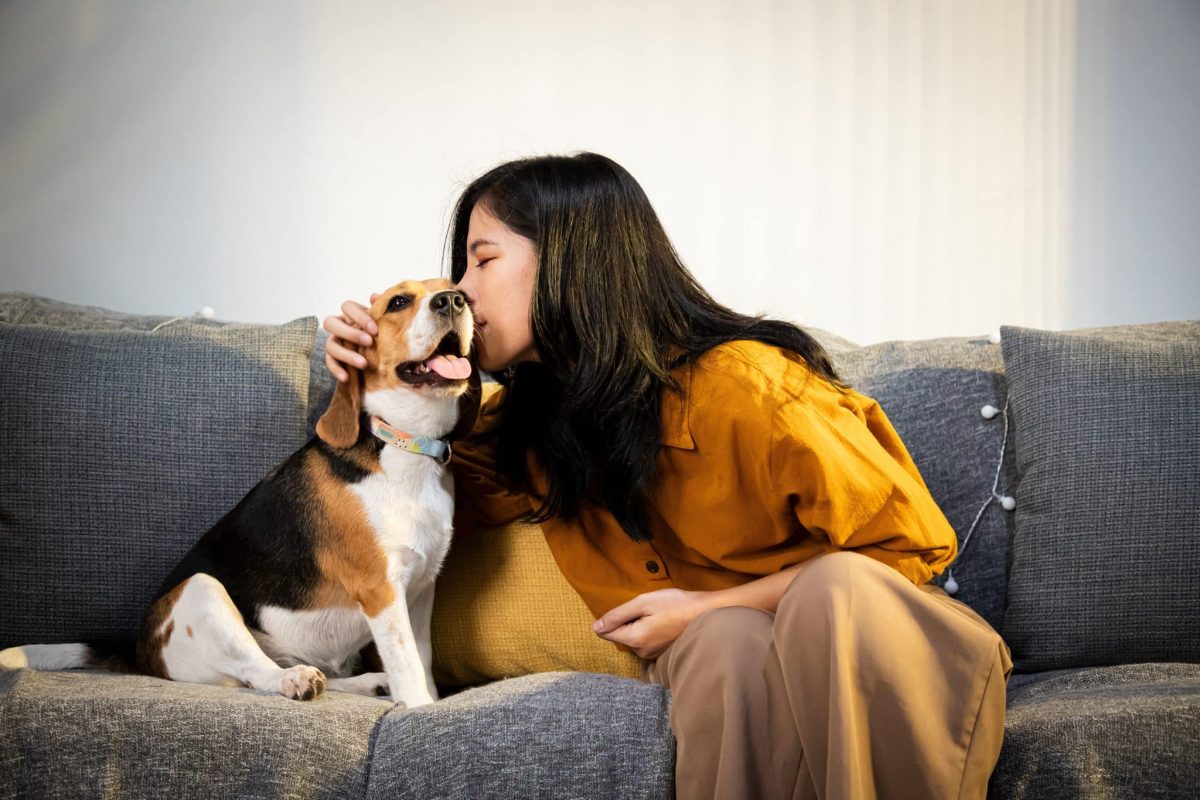


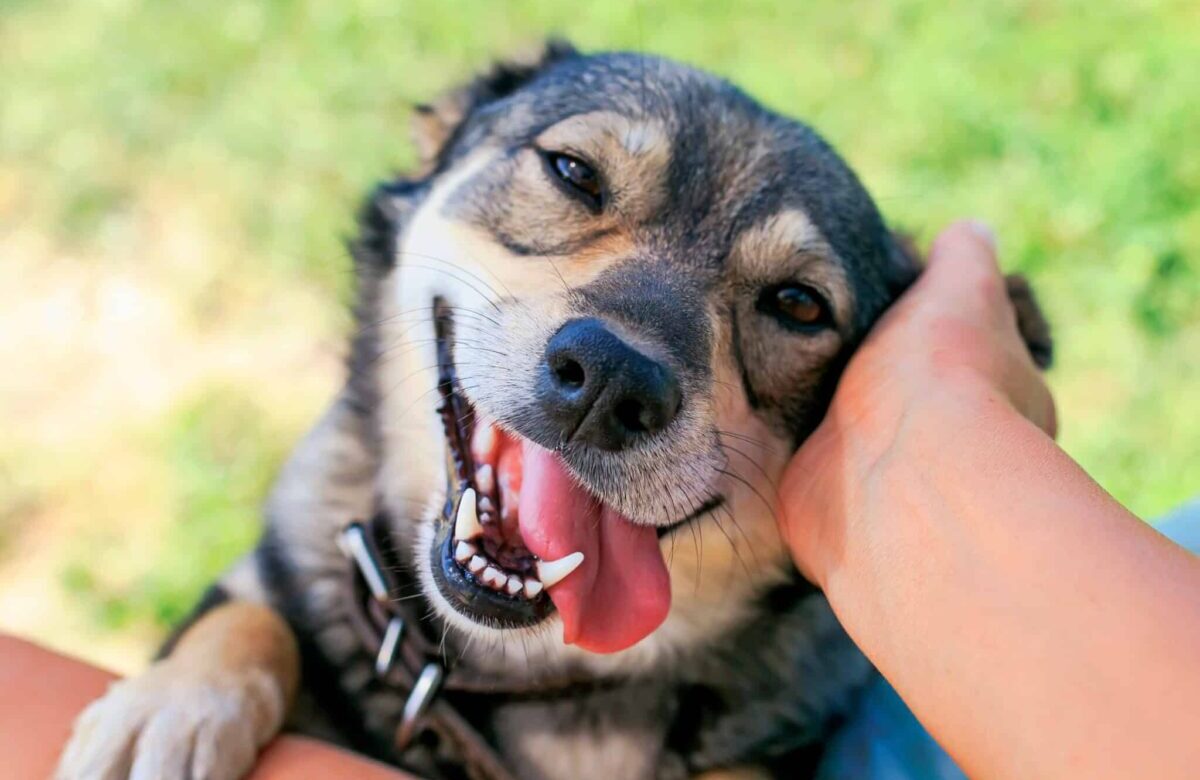


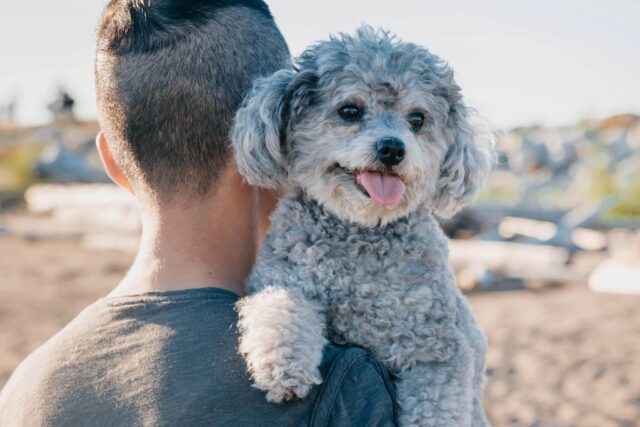
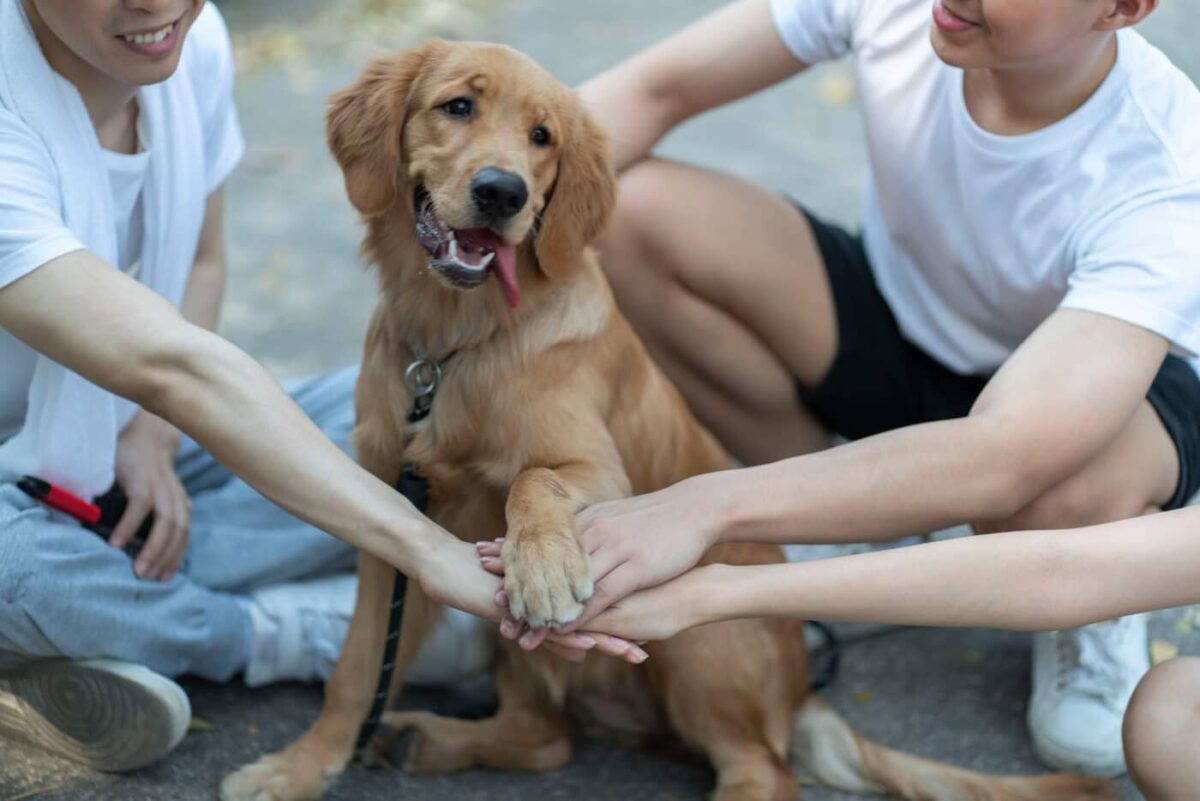

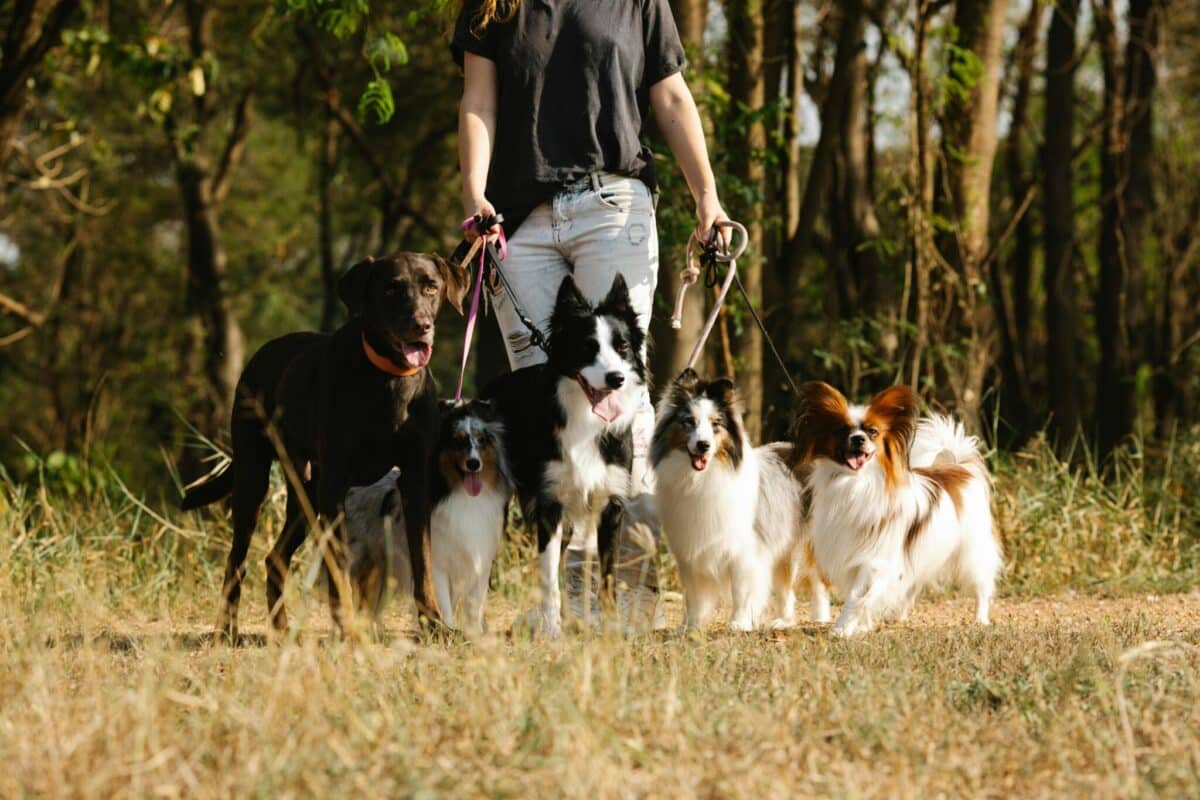
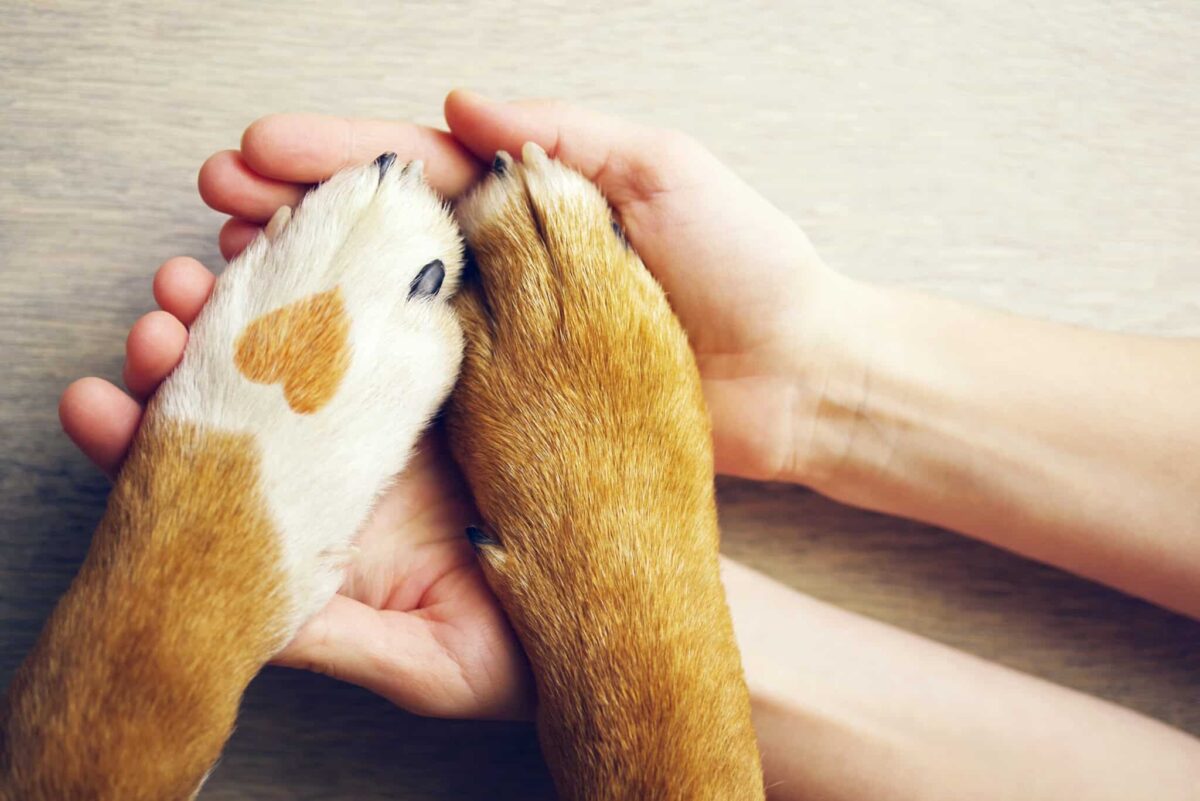

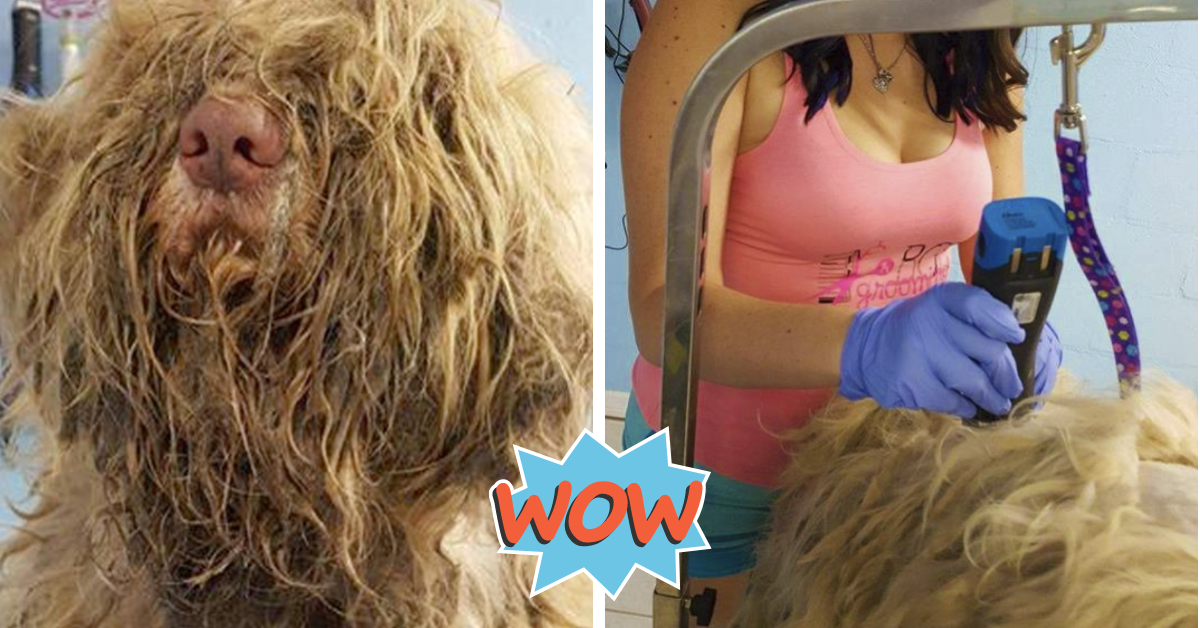


 English (US) ·
English (US) ·